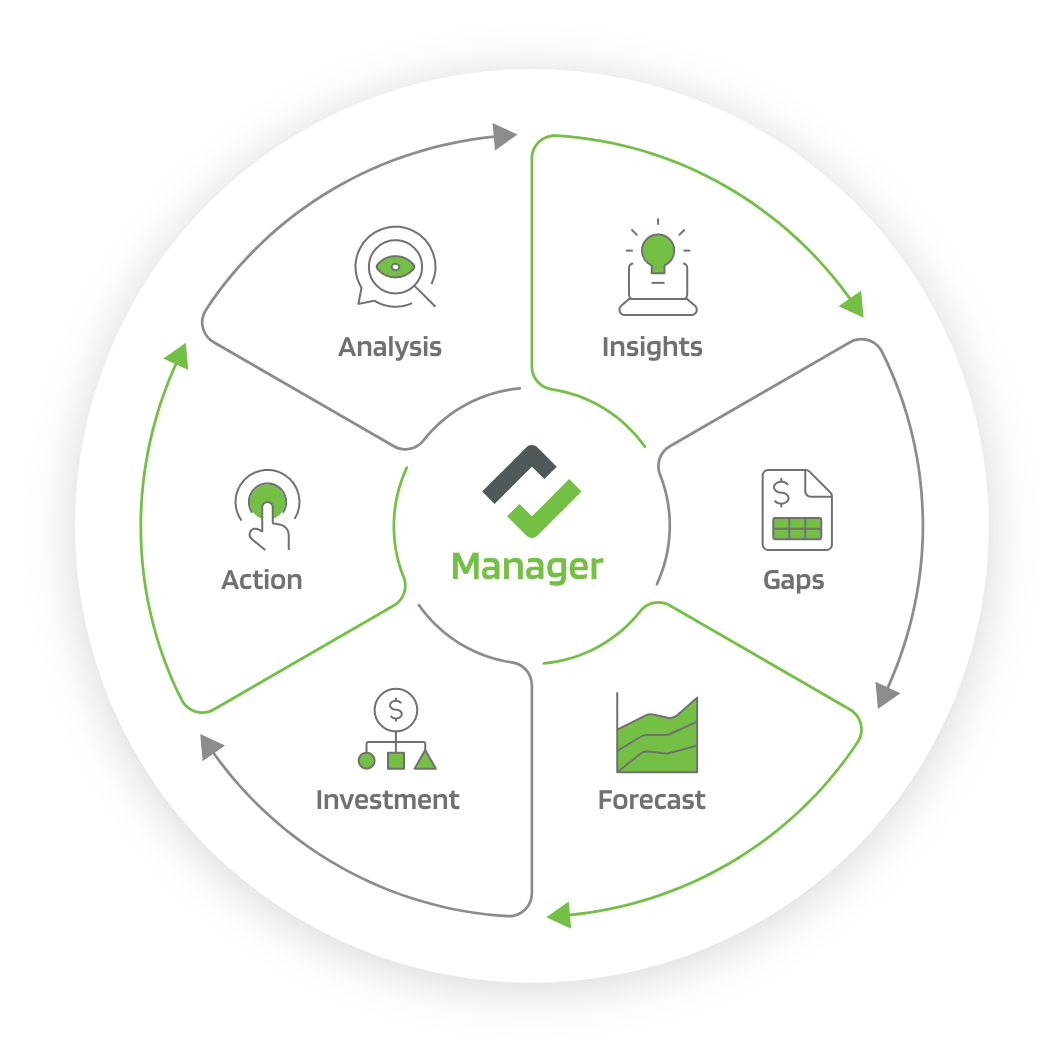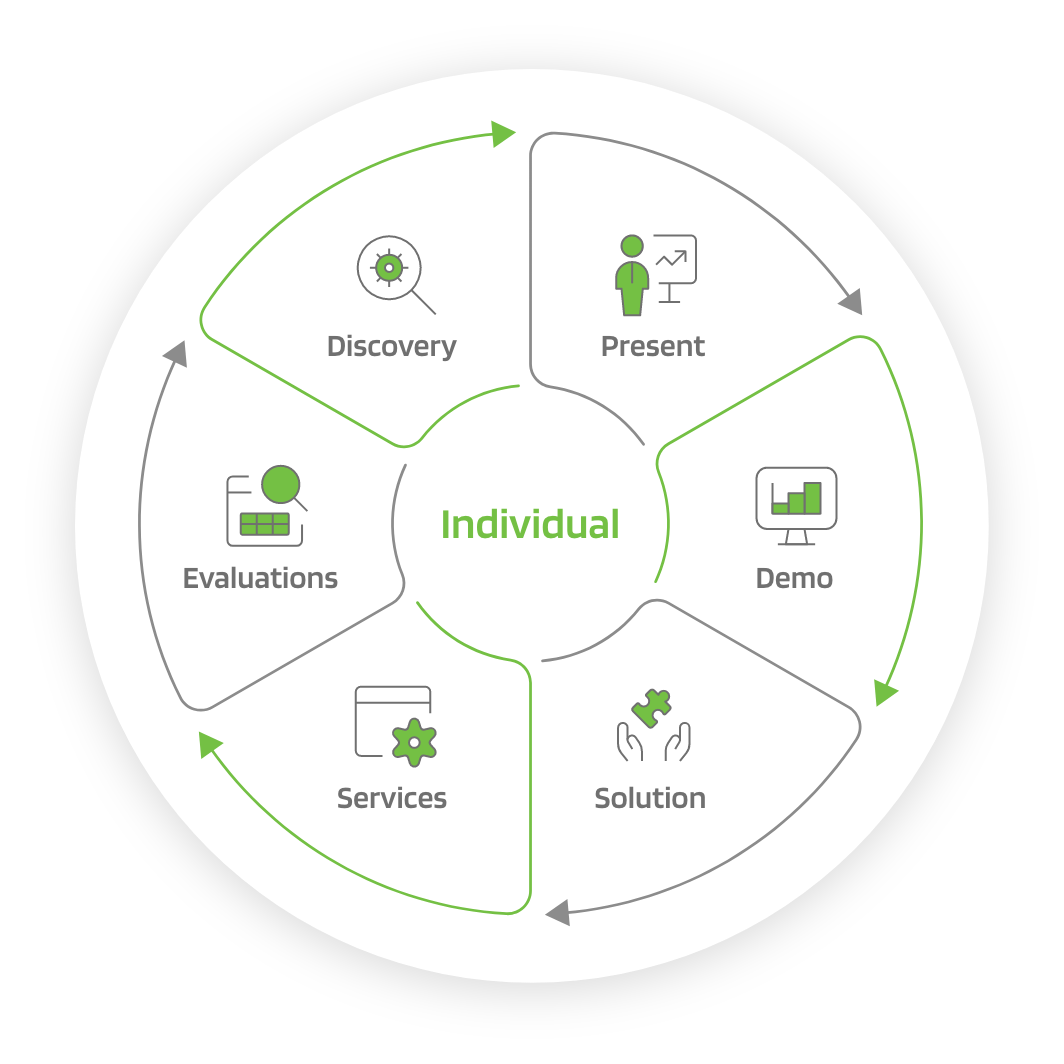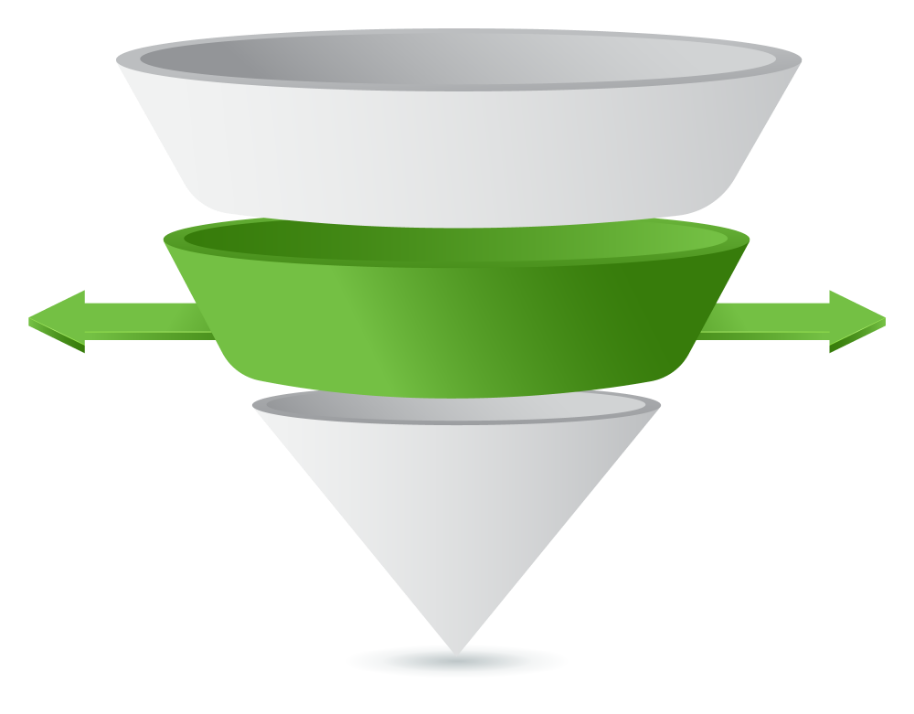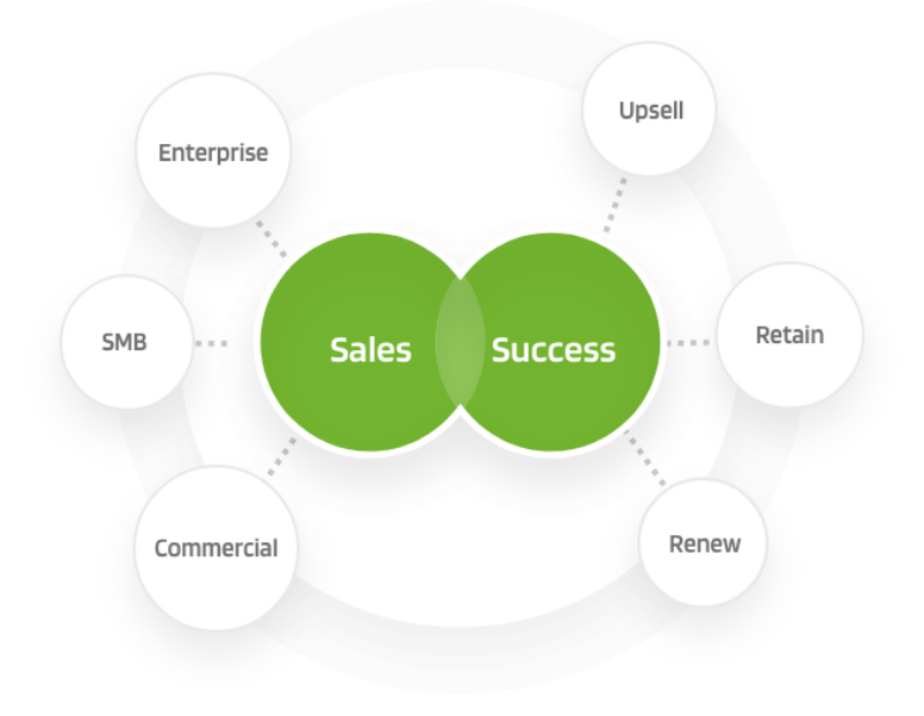
Technical Sales by Hub
How Presales Professionals Can Showcase Their Skills

Baseball players are measured by performance. Their skill is documented in statistics, from Runs Batted In (RBIs) to home runs (HRs), which are used to calculate their value to a team. What if presales professionals could do something similar?
I make this suggestion because while they tend to be some of the smartest minds in the tech industry, presales professionals often struggle to effectively convey their value in a go-to-market (GTM) organization. Imagine if you could qualify your skills and capabilities and quantify your performance to show what you could contribute to a GTM team.
As L.A. Dodgers manager Tommy Lasorda once said, “There are three types of baseball players: those who make it happen, those who watch it happen, and those who wonder what happened.” The same can be said about any professional, but in the case of technical sales professionals, anything they can do to showcase that they are the ones that drive success is worth consideration.
Therefore, I propose a simple framework that you can use to guide conversations on your abilities to be a contributor to a team’s success. The framework is applicable whether you’re focused on career advancement at your current company or seeking a new position.

Technical Skills
This area essentially covers the knowledge presales professionals hold within a given domain. Both breadth and depth of skills should be conveyed. One way to do that is to acquire established third-party credentials (if you haven’t already) and then let your boss or hiring manager know that you possess these certifications.
Certifications help demonstrate technical proficiency and indicate that you’re up to speed on the latest technology trends. In the cybersecurity industry, for example, a Certified Information Systems Security Professional (CISSP) may provide assurance of technical domain expertise.
Each industry has its own technical “seal of approval.” Identify and pursue the ones applicable to your industry and products.
Ultimately, your technical skills will be evaluated by the market, tested in the field, and help you become the trusted technical adviser to your prospects and customers, which will in turn make you an invaluable member of your company. Being technical in and of itself is not enough, however. You must also know how to sell with authenticity. Let’s look at those capabilities next.
Presales Capabilities
When selling, skilled presales professionals know that its not about driving towards a one-sided outcome that benefits your commission, but rather acting as a trusted technical advisor and ensuring that your product’s technical features can deliver value. Your sales capabilities may encompass best practices, like Chris White mentions in The Six Habits of Highly Effective Sales Engineers, John Care discusses in Mastering Technical Sales and Peter Cohen writes about in Great Demo. These sales capabilities that are refined throughout your career over time should result in skills like good storytelling, establishing genuine relationships, effectively qualifying and disqualifying opportunities, and effectively demonstrating the value of the product that you are there to sell.
Effectively developing your sales capabilities and technical skills should result in demonstrable and quantifiable performance results. Let’s look at that next.
Performance Metrics
Just like in the world of baseball, where players have performance stats, I would suggest that technical sales professionals have a few key stats that can quantify their impact. Those can include metrics such as:

- Sales Quota. Did you underperform, met or exceed the sales quota over a specified amount of time? Typically, this is a proxy for ability to show value effectively. If a technical sales professional was in an environment where other variables impacted their ability to meet or exceed quota, it will be important to provide that context.
- Sales Ratio. How many sales reps did the technical sales professional support for a given time period? It can be 1 but as high as 10. It is important to convey this metric as it will quantify your capacity to manage multiple-quota-carrying reps.
- Eval Win Rate. How many evals led to a sale? It’s important to track and quantify your evaluation win rate as it will help convey your effectiveness to manage the process and show value during this phase of the sales cycle.
- Demo Volume Rate. How many demos did you provide? Quantify the number of demos you conducted over a given period and demonstrate how many were qualified, disqualified and converted to opportunities. These metrics will help illustrate how many times you are “at bat” with prospects.
- Deal Size. Track the deals amounts you supported and contributed to the “business won” stage in your sales process. The bigger the amount, the more it will typically help demonstrate your ability to support complex sales cycles.
- Deal Volume. How many deals per a given time frame have you been able to support? These metrics will help quantify your time management ability and the type of sales process you are able to support.
- Awards. What awards have you received? Referencing any company or industry accolades, such as “president club awards” granted by the sales organization, will help demonstrate your contribution to a GTM organization.
Metrics like the ones stated above help to frame how your technical skills and sales capabilities can positively impact a GTM team.
Summary
The technical sales professional is one of the most valuable members of a GTM team. When you showcase your profile in the market, it is highly recommended you do so using a framework that works for you. One’s individual skills, capabilities and performance can often be overlooked when you are in it every day, but it is important to track such metrics to build your own profile that can best showcase your accomplishments.







